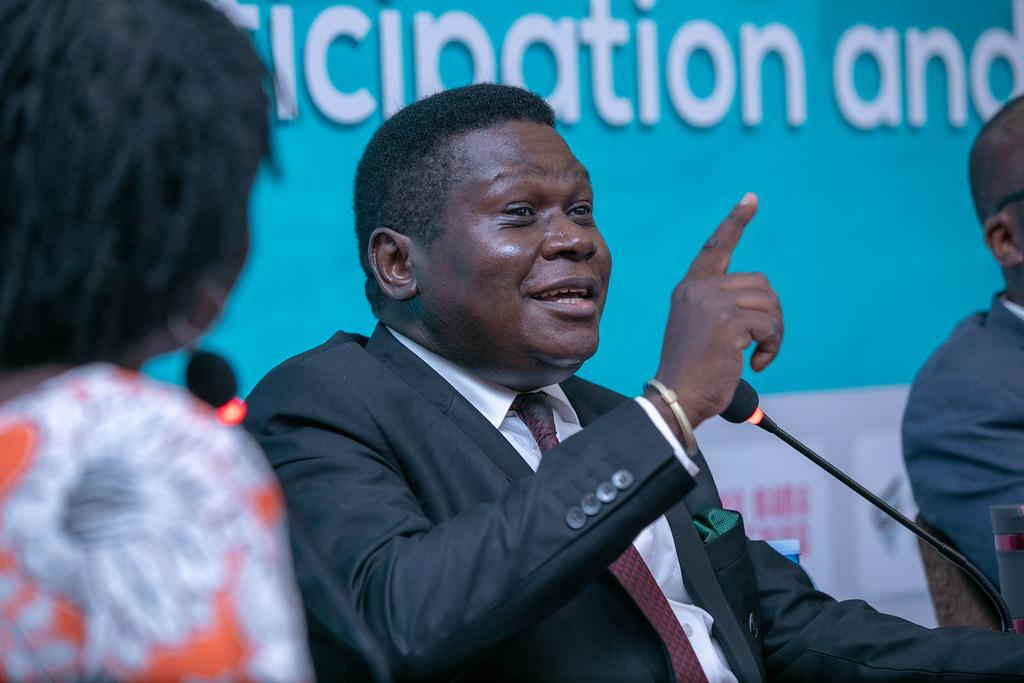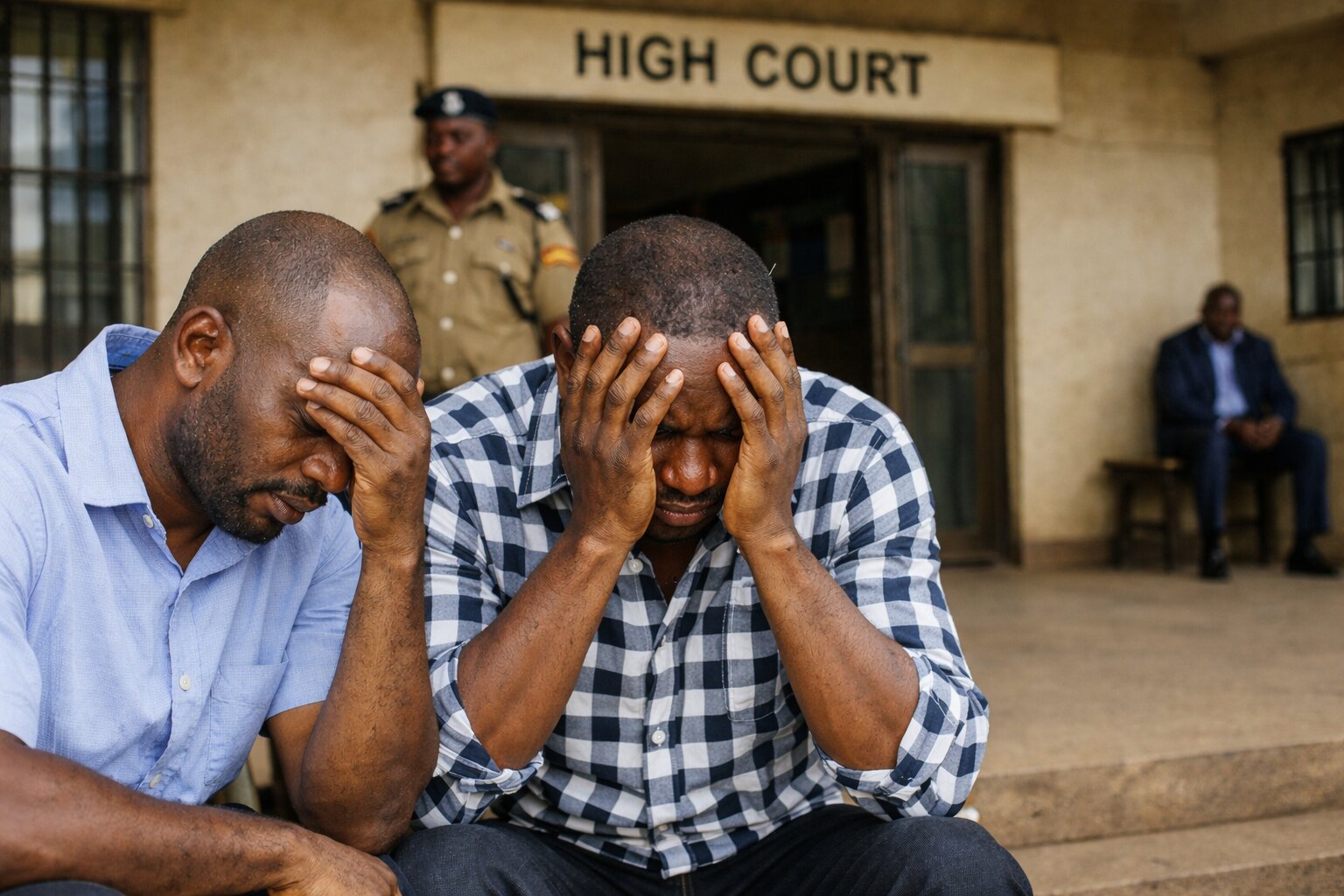In 2015, ahead of the 2016 elections, the Electoral Commission (EC) announced that it was retiring the voters’ register that had been used in the 2011 elections.
The commission said it would instead compile a new register using information from the national ID database managed by NIRA.
The EC’s justification was that the new system would help clean up the register and remove ineligible voters.
However, many people who had previously voted, including politicians and long-time voters, found their names missing from the new register because they had not registered for national IDs.
One of those affected was Norbert Mao, who had been a registered voter and parliamentary candidate since the 1990s.
When Mao attempted to be nominated as a parliamentary candidate for Gulu Municipality in the 2016 elections, the EC rejected his nomination because he was “not a registered voter.”
Mao protested, arguing that his name had been unlawfully deleted. When his appeal to the commission failed, he and Chapter Four Uganda filed a constitutional petition against the Attorney General and the Electoral Commission.
Through their lawyers, Mao and Chapter Four argued that the EC’s decision to retire the old register violated several constitutional provisions, including Articles 28, 42, 44, 59, 61, and 80, which guarantee the right to vote and fair treatment.
They contended that the Constitution only empowers the EC to compile, maintain, revise, and update the voters’ register, but not to abolish it. Retiring the entire register, Mao argued, was unlawful and disenfranchised citizens who had been duly registered.
Mao also argued that the EC’s insistence on using data from NIRA undermined its independence, since the National ID project was managed by another government entity, not the Electoral Commission. The petitioners asked the court to declare the EC’s actions unconstitutional and to order the restoration of the old register.
EC’s defence
The Attorney General and the EC defended their actions, arguing that the commission had the constitutional mandate to update the register and that using data from NIRA was part of that process.
They said Section 65 of the Registration of Persons Act (2015) allows the EC to use information from the National Identification Register to update the voters’ register.
They further argued that Mao had failed to register for a national ID and did not object when the updated register was displayed for public inspection. Therefore, they said, he had only himself to blame for not appearing on the new register.
In their detailed judgment, the five justices of the Constitutional Court agreed that the petition raised serious constitutional issues that required interpretation.
The main question was whether the EC had the power to retire the voters’ register and replace it with a new one derived from the national ID database.
Justice Christopher Madrama, who wrote the lead judgment, ruled that the EC had no such power under Article 61 of the Constitution.
“The act of retiring the voters’ register is not among the functions conferred on the Electoral Commission,” he said.
“The commission’s duty is to compile, maintain, revise, and update the register, not to abolish it.”
Justice Kenneth Kakuru, in a strong supporting opinion, added that by depending on data from the National ID project, the EC had surrendered its constitutional independence to another government agency.
He described the EC’s actions as “a clear abdication of duty” and said they violated citizens’ right to vote freely and fairly.
Justice Irene Mulyagonja agreed, noting that the voters’ register is the foundation of any free and fair election.
“The Electoral Commission’s decision curtailed the constitutional rights of the petitioner to vote and participate in elections as a contestant,” she wrote.
In the end, the Constitutional Court ruled that the EC acted outside its powers when it revised the voters’ register and replaced it with data from the National ID project. The court declared the act unconstitutional and null and void.
As Justice Kakuru observed, “the right to vote is the foundation of all other democratic rights. It cannot be taken away by administrative shortcuts.”
Therefore, Mao and Chapter Four won. Today, nine years later, Mao is the minister of Justice and Constitutional Affairs.







